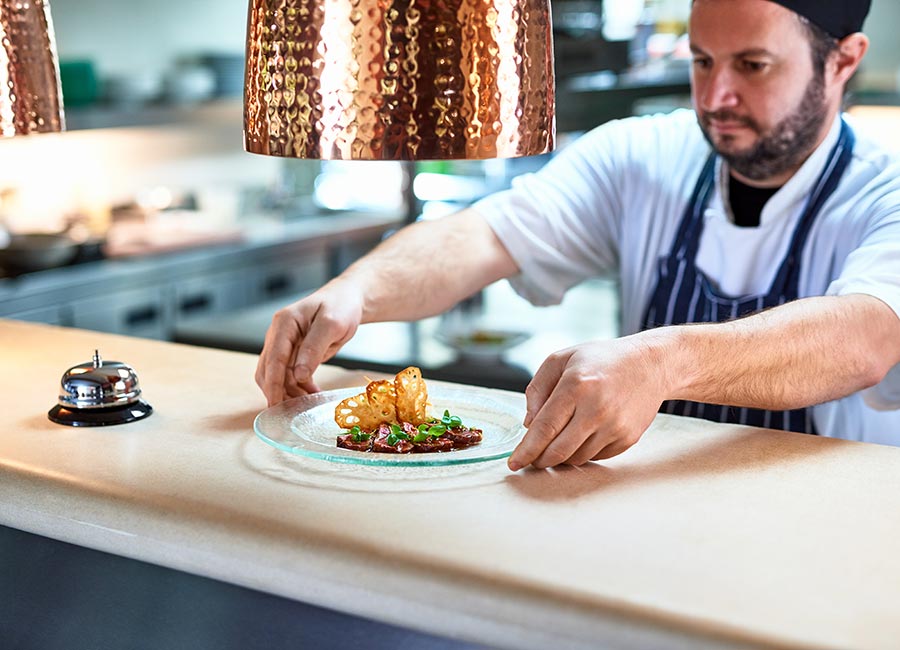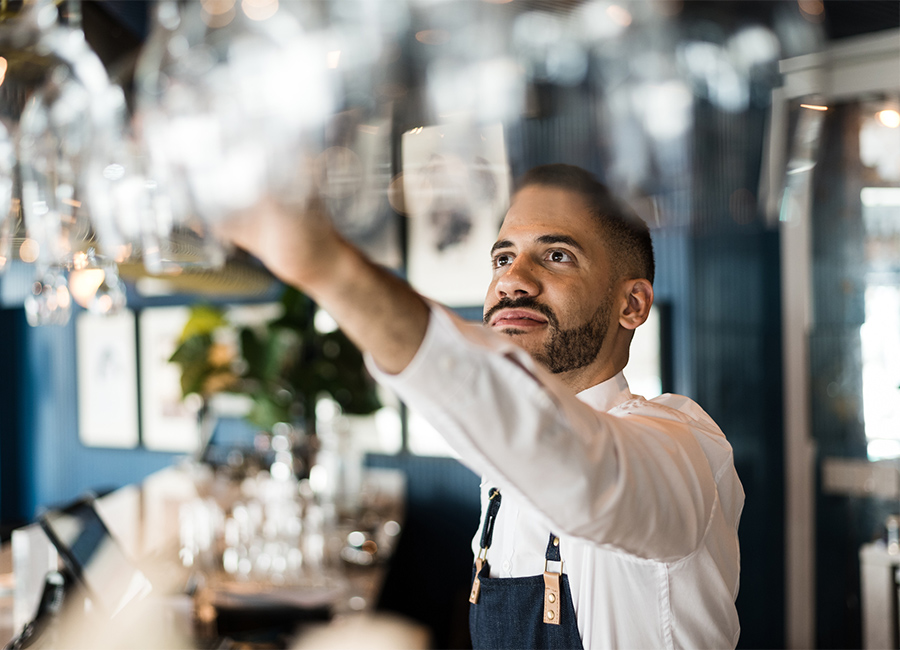Employers' group Ibec has added its voice to the chorus calling for the government to make permanent the reduced 9% VAT rate for the 'experience economy,' which includes hospitality, retail, tourism, and entertainment businesses.
Ibec said the 9% rate, which is due to expire at the end of the month, had been "instrumental" in helping businesses in the sector to stay afloat and maintaining jobs across the country.
It warned that restoring VAT to 13.5% would put many SMEs in jeopardy and add further inflationary pressures while undermining the sector's international competitiveness.
The government is due to announce a decision on VAT on Tuesday after finalising its latest cost of living plans.
"Inflationary costs are adding to the pressures of businesses in the experience economy, many of whom were brought to the brink as they complied with public health restrictions during the Covid-19 pandemic," said Sharon Higgins, executive director of membership and sectors at Ibec.
"These further emerging economic challenges are coming at a time when many are still planning a route back to viability.

“Across the country, many businesses in the Experience Economy are operating on continually tight margins that are impacting on day-to-day business decision-making, including staffing. A return to the 13.5% rat of VAT, the third highest rate of VAT for the Experience Economy in Europe, would significantly harm the viability of this important sector.
“We recognise that Government is dealing with how best to help consumers and businesses cope with the current significant cost of living issues and we urge that tomorrow’s package will see the 9% rate of VAT made permanent.”
Ibec estimates that the experience economy employs over 300,000 people, or 20% of the private sector workforce, and is worth €4bn to the Irish economy.
The Irish Hoteliers Federation (IHF) on Friday urged the government to retain the 9% VAT rate, arguing that restoring the higher rate would affect decisions on holidays and breaks away by consumers.
"Tourism and hospitality is particularly vulnerable and is invariably the first to take the hit," the IHF said, adding that the tourism sector had generated €15bn in taxes in 12 years since the financial crisis.
(Pic: Getty Images)








